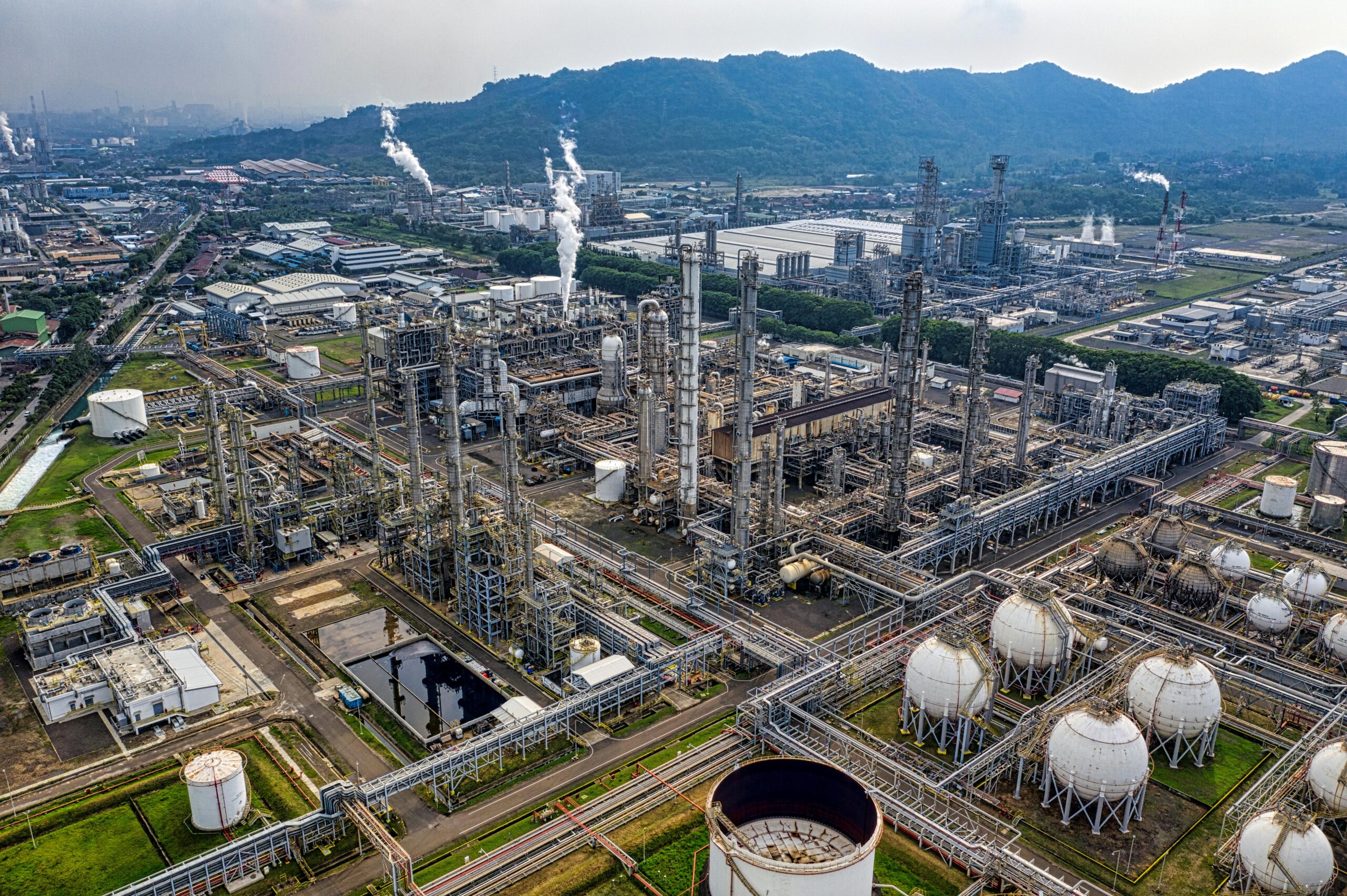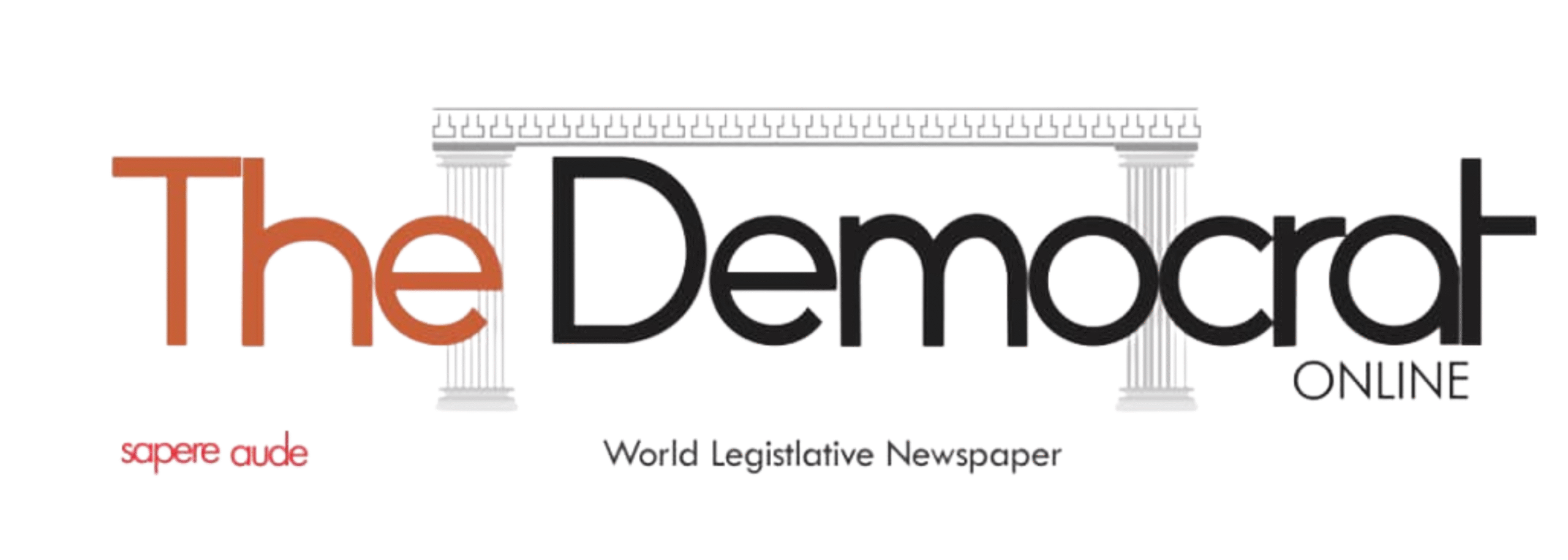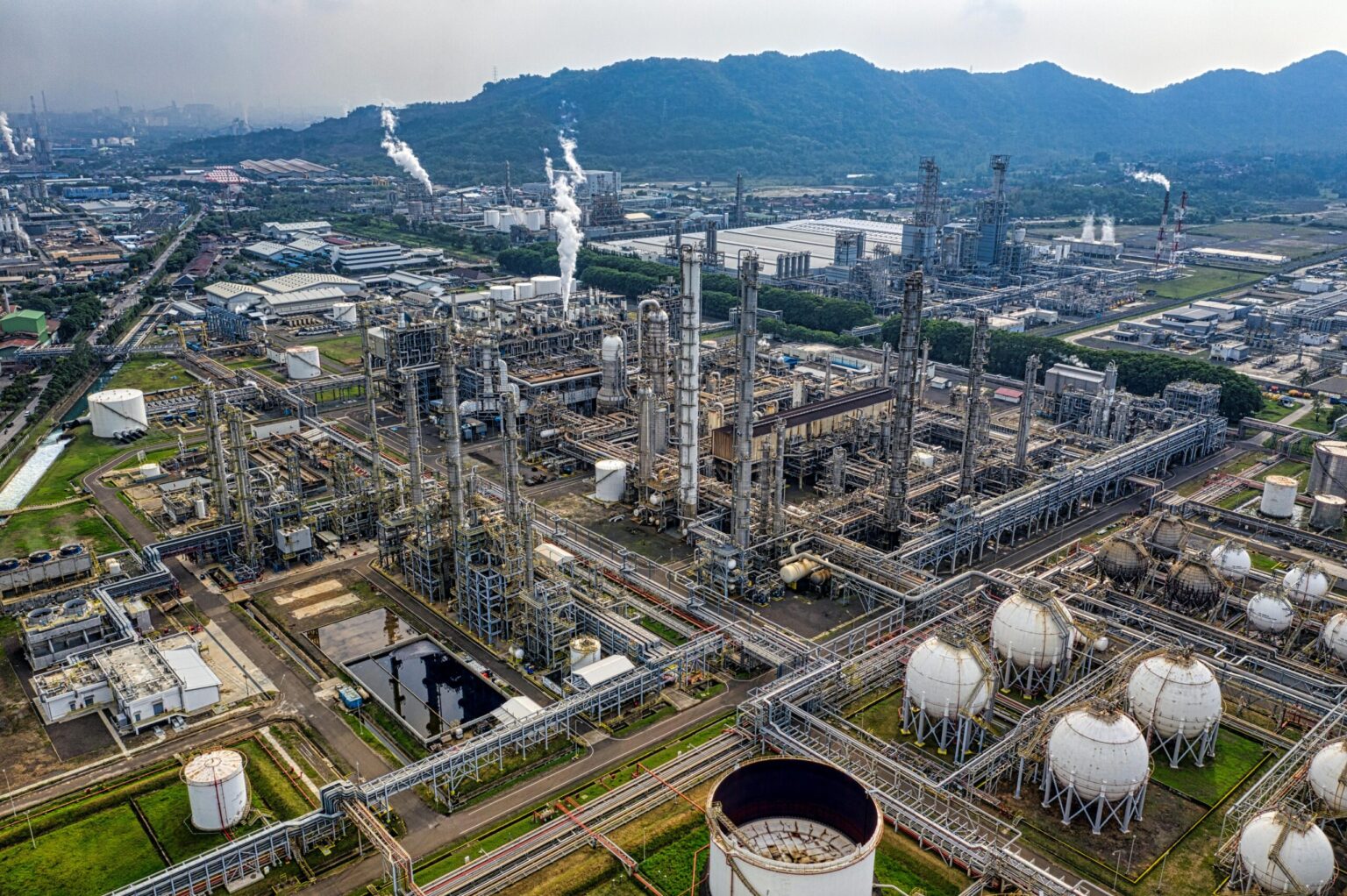
Canadian drillers in Alberta are increasingly shifting toward natural gas as falling oil prices—driven by global trade tensions and OPEC+ output increases—dampen crude prospects. In Q1, gas well licenses rose 26% to 308, the highest in two years, while oil well permits dropped 24% to 293, the lowest since 2021.
Canada remains a top global producer of oil and gas, with most exports going to the U.S. West Texas Intermediate crude has dropped to around $63 a barrel, while Canadian heavy crude trades at a discount. In contrast, Canadian natural gas prices have climbed due to the upcoming launch of the country’s first LNG export facility.
Producers, especially in the Montney formation, are now focusing on gas-rich areas.Canadian drillers are increasingly targeting not just natural gas, but valuable associated liquids like condensate, which is used to dilute oil sands bitumen for pipeline transport and commands higher prices than domestic crude, according to Trevor Rix of Enverus.
With oil sands output rising following the Trans Mountain pipeline expansion, demand for condensate is expected to grow.Rix noted, “Condensate looks promising over the next few years as demand for oil sands diluent increases.” A similar trend is emerging in the U.S., where Precision Drilling Corp., which operates across North America and the Middle East, is observing a shift toward gas-focused drilling in formations like Haynesville and Marcellus.
CEO Kevin Neveu stated that clients are still wary of oil-focused drilling.Meanwhile, U.S. Energy Secretary Chris Wright said that oil prices around $50 per barrel would be unsustainable for American producers.In Alberta, Canadian Natural Resources Ltd. led licensing activity with 88 approvals—their highest quarterly figure in over a decade—including 59 for gas and 29 for oil. ARC Resources Ltd. followed with 54 licenses.




